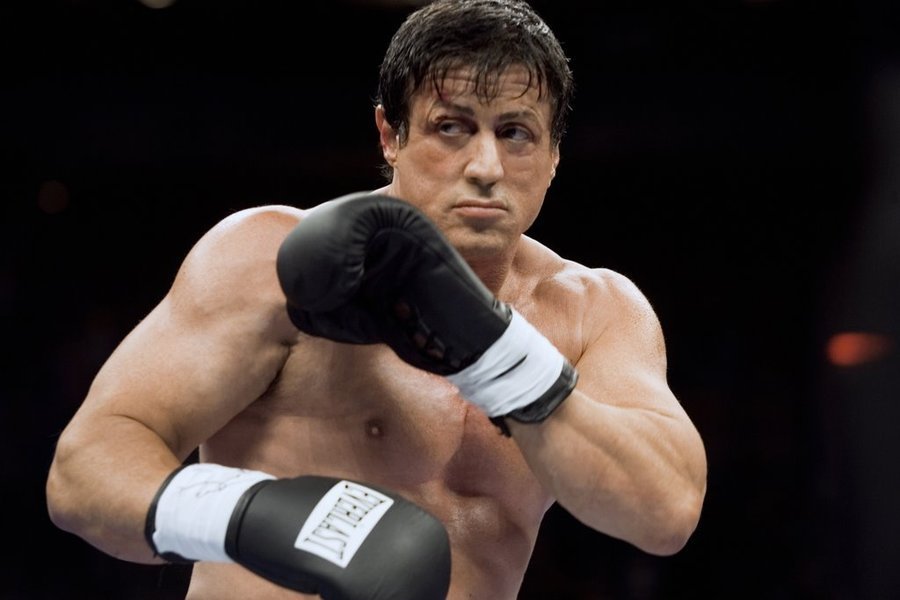The Worst Thing Any Leader Can Do To High Performers
Rich Hua stashed this in Leadership
Stashed in: 49ers!, Leadership!, Teamwork, Management, Values, Leadership
The worst thing a manager or leader can do is nothing:
Many leaders tolerate team damaging behaviors when individual performance is strong. They often have some coaching conversations and ask HR to get involved. The leader will do damage control after especially bad behavior and otherwise work to mitigate the inflammation that occurs under high maintenance team members. Sometimes leaders hesitate due to misplaced loyalty. Sometimes they just hate confrontation. Consider the case of one digital production director who did a great job of moving his department forward technologically. However, the 6 foot 4 inch karate black belt had an anger management problem, and his often grumpy mood would shift into a full temper tantrum monthly. After each tantrum he’d be counseled, he’d apologize, he’d be charming for a week, and then it would repeat. He lasted three years, having a chilling effect on the corporate culture. In contrast, Joe Montana told the story of one high-priced 49’er who constantly harangued his team mates to praise him to the press. Bill Walsh traded him after only a few months. Just a few months! Fast.
It is the leader’s job to enforce the values and behaviors that make up the company culture. A healthy company culture is a set of norms and behaviors that support high performance and the company’s ultimate success. Since midsized companies (and larger) are completely dependent on teams to accomplish critical tasks,anyone who damages teamwork can’t be allowed to stay.
As we heard Joe tell stories and talk about his 49er years (we had a private lunch, followed by a keynote talk for the Association for Corporate Growth, San Francisco’s M&A conference–and yes, Joe was the consummate gentleman), it became clear that Bill Walsh was the enforcer of team values. Joe described how whenever a team member exhibited problem behaviors, after a few months, “He’d be gone”. No doubt traded away by Bill Walsh. Joe didn’t elaborate on the headaches of dealing with problem team mates, or how the team had to adapt to manage a problem team member. They didn’t have to. They knew their coach, Bill Walsh, would do his job and either repair the problem behavior or replace them with someone better.
A great book that delves into this subject further is The No Asshole Rule by Robert Sutton.
The leader must defend the team, tackling the people problem head on even if it means cutting a high performer. The 49ers didn’t have an incredibly long stretch of peak performance because of any one high performing player—even Joe Montana. They were an exceptional team, year after year, despite some significant changes in players. That speaks to team management.
In front of five hundred people Joe Montana answered another of my questions. “What is the worst thing any coach (or manager) can do to a team?” Joe paused, and answered, “To do nothing”. It drives peak performers crazy when bad team mates are allowed to stay. Bill Walsh never let that happen, and neither should you.











11:51 PM Apr 22 2014